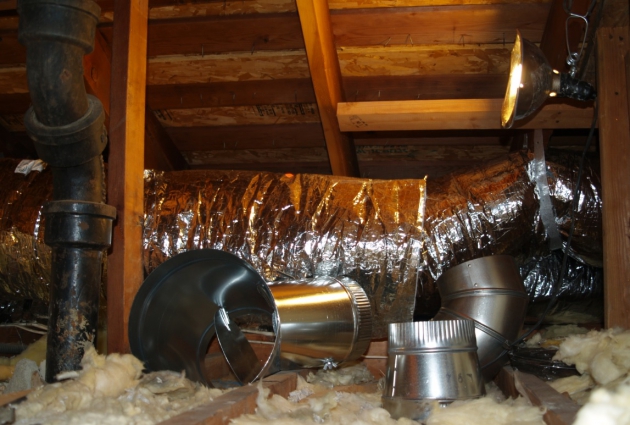Household Income fell in March While Spending Spiked, NY Fed Survey Shows

Reflecting the 41-12 months inflation superior, American consumers’ anticipations about the overall economy and personal finance turned bleak in March. Anticipations about short-phrase inflation, house price advancement and shelling out growth all enhanced, according to the Federal Reserve Lender of New York March 2022 Survey of Client Expectations, unveiled April 11.
See: In A lot less Than a 10 years, You Will not Be Equipped To Pay for a Dwelling in These Towns
Uncover:The Ideal and Worst Matters To Obtain Generic
The New York Fed’s study also notes that labor current market and profits development anticipations receded somewhat, and respondents turned less optimistic about their yr-forward household’s money problem. The pessimism isn’t without the need of trigger as the median predicted advancement in domestic money fell by .2 percentage position in March to 3% to its least expensive amount since August 2021.
This coincides with the Labor Department’s March Purchaser Price Index which saw the 12-month increase in inflation, which has been steadily growing, at the largest given that the period ending December 1981. Indexes for gasoline, shelter and foods were being the largest contributors to the seasonally adjusted all objects improve. Around the last 12 months, the all-things index increased 8.5% just before seasonal adjustment.
Centered on reviews of ongoing greater inflation, individuals truly feel that their family shelling out will go on to increase, as median yr-ahead household expending development anticipations jumped by 1.3 proportion details to 7.7% — a new series significant. The increase, the most significant thirty day period-to-month in the series, was broad-dependent but was also the major for respondents with a higher education diploma and with once-a-year domestic incomes higher than $100,000.
The sights have been also bleak with regards to obtain to credit score as opposed to a year ago, with much more respondents expecting that it will be tougher to obtain credit history in the calendar year in advance.
Perceptions about households’ recent monetary circumstances in comparison to a 12 months back also deteriorated in March, with additional respondents reporting being monetarily worse off than they ended up a calendar year back. U.S. people were also more pessimistic about their household’s economical condition in the calendar year ahead, with less respondents anticipating their economic condition to increase a yr from now.
Daniel B. Wolfe, president, 180 Diploma Money, told GOBankingRates that the benefits of this study suggest that though inflation could possibly have peaked in March, we’re probable in the early days of inflation returning to normalized/specific stages over where by we have been for the very last ten years.
“Consumers are continue to focused on locking in near-phrase pricing provided the fear that prices will proceed to rise to amounts that may well set this sort of buys out of arrive at as evidenced by the spike in investing,” he explained. “This behavior correlates properly with the pessimism that is also creating all over household monetary situations in the coming year. Though this could be viewed as an overall unfavorable signal for economic marketplaces, pessimism and small buyer self-confidence essentially correlate historically to bottoms somewhat than peaks.”
There would seem to be one glimmer of hope. U.S. individuals seem to be to be optimistic about the foreseeable future, nonetheless, while the median a single-year-forward expectations for inflation increased to a new series large of 6.6%, the 3-calendar year outlook lowered a little bit to 3.7% from 3.8%.
POLL: The place Have You Lower Back again Most Because of Inflation?
Locate Out: Customers Alter Grocery Shopping & Dining Out Behaviors as Inflation Soars
Sarah Mawji, Handling Director at Sevans PR, told GOBankingRates that irrespective of family revenue stages acquiring fallen in March, expending greater among those people with a college or university degree and with an once-a-year household cash flow higher than $100,000, which “indicates that although prices have accelerated to new highs, a certain bracket of the U.S. inhabitants accounts for the the greater part of greater buyer paying out.”
“While it is not quite distinct regardless of whether inflation will subside, we are beginning to experience selling price de-acceleration throughout some sectors, largely utilised autos and attire, which may perhaps be the very first signals of a lull in the inflation level,” Mawji reported.
Much more From GOBankingRates
This write-up at first appeared on GOBankingRates.com: Home Cash flow fell in March Although Investing Spiked, NY Fed Survey Displays







